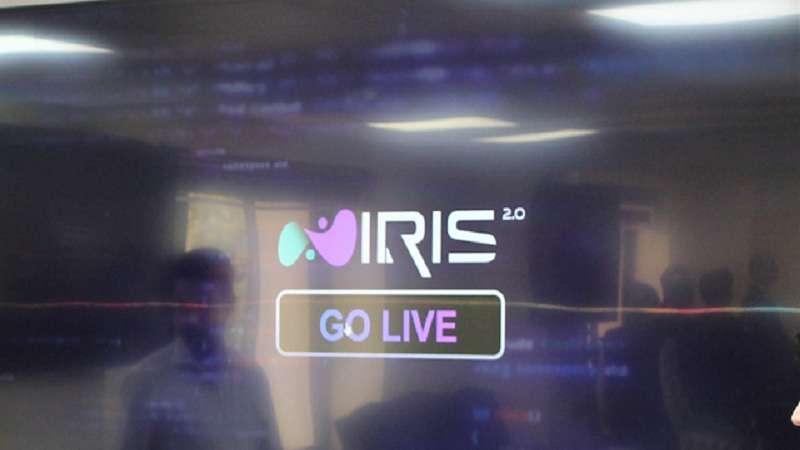Islamabad, September 16, 2025 – The Federal Board of Revenue (FBR) has provided detailed guidelines on group relief under Section 59B of the Income Tax Ordinance, 2001, for the tax year 2025-26.
This provision is designed to help holding companies and their subsidiaries reduce their overall tax burden by sharing losses within the same group.
What is Group Relief?
Group relief allows one company in a corporate group to transfer its assessed business loss to another company within the same structure, such as a holding or subsidiary company. This system ensures that instead of paying high taxes in one company while another is incurring heavy losses, the losses can be adjusted to achieve a fairer tax position.
For example, if a subsidiary faces financial losses, those losses may be surrendered to the holding company. The holding company can then adjust those losses against its own income, thereby reducing its taxable profits. This relief helps businesses better manage cash flows and creates stability across large corporate groups.
Ownership Conditions
To qualify, certain shareholding conditions must be met:
• If one of the companies is listed on a stock exchange in Pakistan, the holding company must own at least 55% of the subsidiary’s share capital.
• If none of the companies in the group are listed, the holding company must directly own at least 75% of the subsidiary’s shares.
This ensures that group relief is available only when there is significant control and ownership.
Rules for Using Group Relief
1. Loss Transfer Formula: Losses are transferred according to the proportion of shareholding using a simple formula [(A/100) x B]. Here, A is the percentage of shares held, and B is the assessed loss.
2. Time Period: Losses can be adjusted for the current year and the next two tax years.
3. Governance: The boards of directors of both companies must formally approve the loss transfer.
4. Business Continuity: The subsidiary must continue the same business during the three-year period.
5. Corporate Compliance: Companies must follow corporate governance standards and regulations as directed by the Securities and Exchange Commission of Pakistan (SECP).
Restrictions on Group Relief
• Group relief cannot be used for trading businesses or where income is taxed under special provisions of the law.
• Losses prior to the formation of the group cannot be surrendered.
• If shareholding falls below the required percentage within five years, the benefit of the relief is withdrawn, and profits previously adjusted may become taxable.
Financial Adjustments
To ensure fairness, the company claiming the loss must transfer an equivalent cash amount (equal to the tax saved) to the company surrendering the loss. This prevents misuse and ensures that both companies benefit proportionately.
Benefits of Group Relief
Group relief creates efficiency for large businesses by:
• Allowing tax-efficient use of losses.
• Encouraging holding companies to strengthen subsidiaries.
• Promoting investment and corporate restructuring.
• Reducing overall tax liability in a legitimate way.
Conclusion
The concept of group relief under Pakistan’s income tax laws is an important tool for businesses operating under a holding-subsidiary model. It encourages corporate growth, provides tax fairness, and helps in long-term financial planning. However, strict rules and compliance requirements ensure that the system is not abused.
Disclaimer: This article is for informational purposes only. It provides a simplified overview of group relief under the Income Tax Ordinance, 2001, for tax year 2025-26. It should not be treated as legal or financial advice. Companies are advised to consult tax professionals or the Federal Board of Revenue (FBR) for official guidance and compliance.
